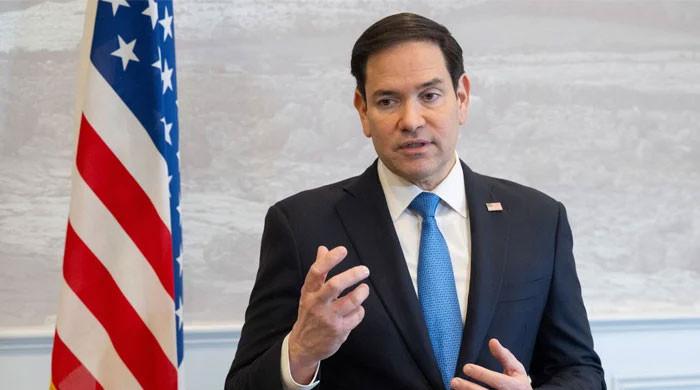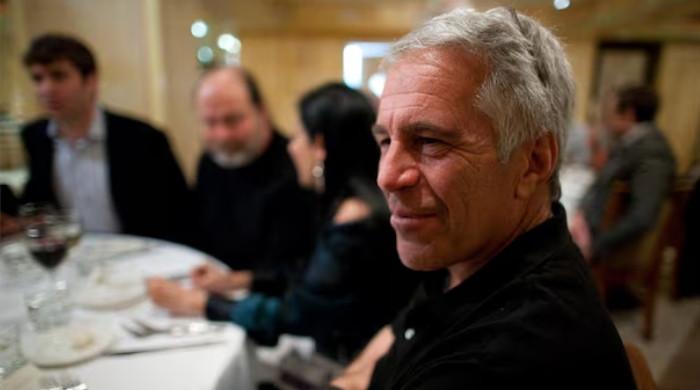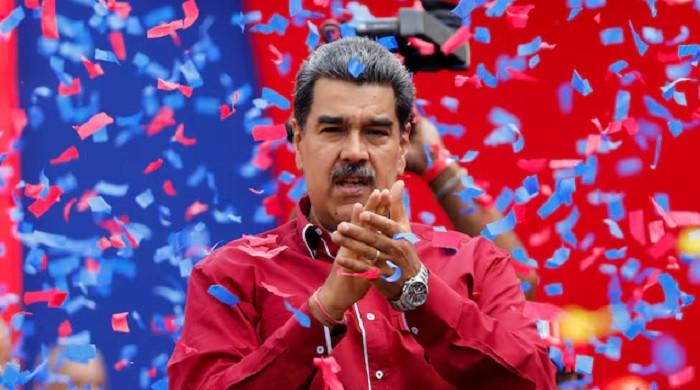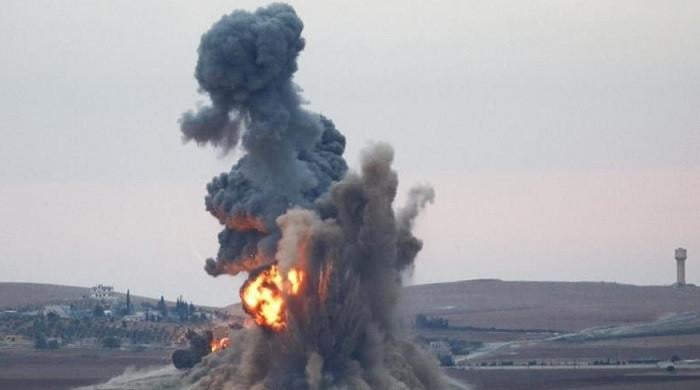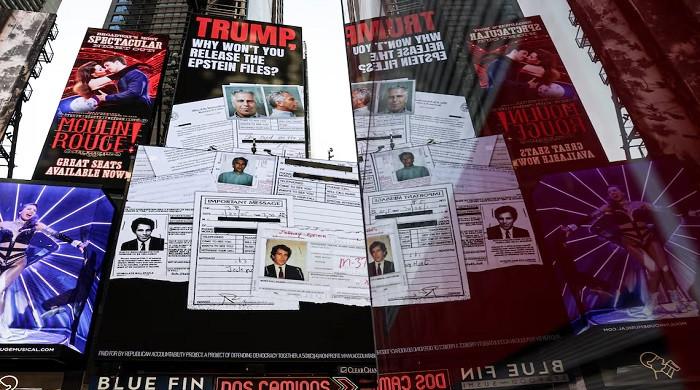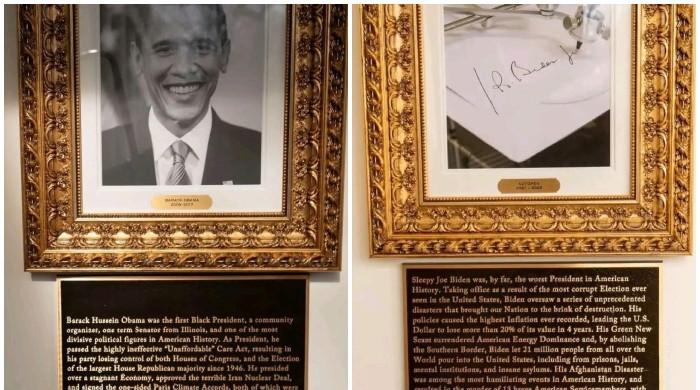US vetoes UN resolution calling for humanitarian pauses in Israel-Hamas war
The purpose of these pauses was to facilitate the delivery of humanitarian aid to the Gaza Strip
October 18, 2023
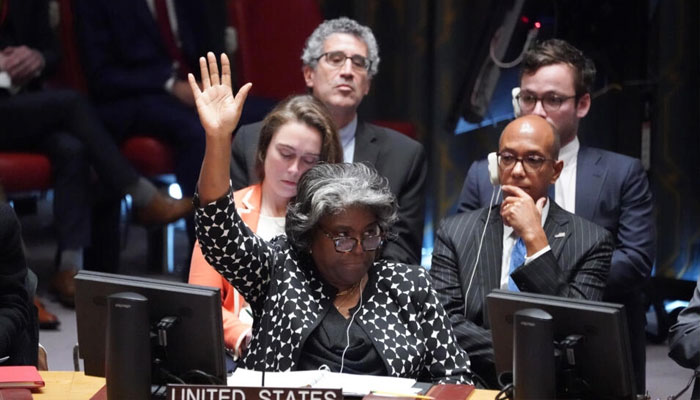
- 12 members voted in favour of the resolution.
- US was only member to vote against the resolution.
- Vote was postponed twice as US negotiated aid access to Gaza.
The United States has exercised its veto power at the United Nations Security Council, blocking a resolution put forward by Brazil that called for humanitarian pauses in the ongoing conflict between Israel and Palestinian Hamas.
The purpose of these pauses was to facilitate the delivery of humanitarian aid to the Gaza Strip.
This vote, however, had been postponed twice as the US worked to negotiate aid access to Gaza, emphasising the importance of diplomacy in the region. In the vote, 12 member states supported the Brazilian-drafted resolution, while Russia and Britain abstained.
US Ambassador to the United Nations, Linda Thomas-Greenfield, defended the decision to veto the resolution, stating, "We are on the ground doing the hard work of diplomacy. We believe we need to let that diplomacy play out. Yes, resolutions are important. And yes, this council must speak out. But the actions we take must be informed by the facts on the ground and support direct diplomacy efforts. That can save lives. The council needs to get this right."
The US has historically shielded Israel from Security Council actions due to their close alliance. This move was met with criticism from other countries, with Russia's UN Ambassador Vassily Nebenzia accusing the US of hypocrisy and double standards.
United Nations Secretary-General Antonio Guterres, in contrast, called for an immediate humanitarian ceasefire to enable the release of hostages and to provide humanitarian access to Gaza.
China's UN Ambassador Zhang Jun expressed his disbelief at the outcome, stating that the US had not expressed opposition during negotiations, leading council members to believe the resolution could be adopted.
Thomas-Greenfield expressed the US's disappointment with the draft resolution for not recognising Israel's right to self-defence and held Hamas responsible for the humanitarian crisis in Gaza. She emphasised the importance of delivering essential supplies like food, medicine, water, and fuel to Gaza and blamed Hamas for causing the severe humanitarian crisis.
The resolution also urged Israel, without naming it directly, to revoke its order for civilians and UN staff in Gaza to move to the southern part of the Palestinian enclave. Additionally, it condemned "the terrorist attacks by Hamas."
In response to recent events, Israel ordered nearly half of Gaza's population, approximately 1.1 million people, to move south in preparation for a ground offensive following a major Hamas attack on Israeli civilians.
The conflict has resulted in intense bombardments, with Israel vowing to eradicate Hamas after a significant attack by the militant group.
Palestinian officials have reported a high number of casualties, with over 3,000 Palestinians killed. The draft UN resolution condemned all violence against civilians, acts of terrorism, and hostilities while calling for the immediate and unconditional release of all hostages.




